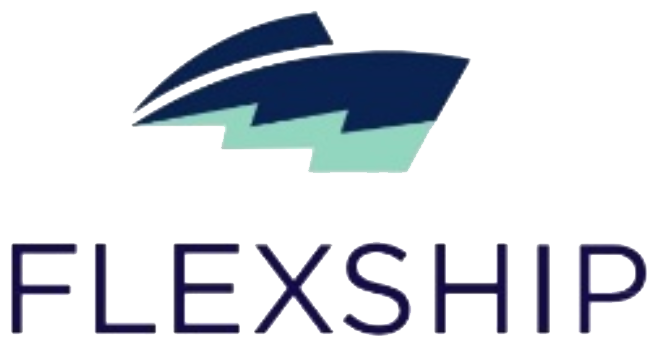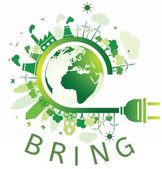-

Escalate project
Heavy-duty vehicles account for about 25% of EU road transport CO2 emissions and about 6% of total EU emissions. In line with the Paris Agreement and Green Deal targets, Regulation (EU) 2019/1242 setting CO2 emission standards for HDVs (from August 14, 2019) forces the transition to a seamless integration of zero-emission vehicles into fleets.
-

Flexship project
FLEXSHIP will facilitate the transition of the waterborne sector towards climate neutrality by delivering a digital green concept for electrification of vessels consisting of a Green Digital Twin (GDT) for designing fit-for-purpose vessel electrical grid architectures and integrating a large battery capacity system into two existing vessel (DEMO 1 & 2) electrical systems, a compact, low-weight, modular and simple, high-efficiency battery system, and a safe integration guide of the system onboard ensuring system interoperability.
-

HYPOBATT Project
As a significant source of greenhouse gasses (GHGs), it is essential that the maritime transport sector focuses on ways to become climate neutral. Partial electrification of power systems has already been adopted as a GHG reduction measure. However, further advances are necessary on such aspects as the provision of high charging powers to minimise costs and improve standardisation.
-

Liberty project
LIBERTY’s overall target is upgrading EV battery performance, safety and lifetime from a lifecycle and sustainability point of view. The key objectives of LIBERTY are to achieve a range of at least 500 km on a fully charged battery pack, halved charging times, an ultimate safe battery system, a long battery lifetime of over 300,000 km for first life, the ability to reuse the battery pack for second life applications and sustainability over the battery pack’s entire life cycle.
